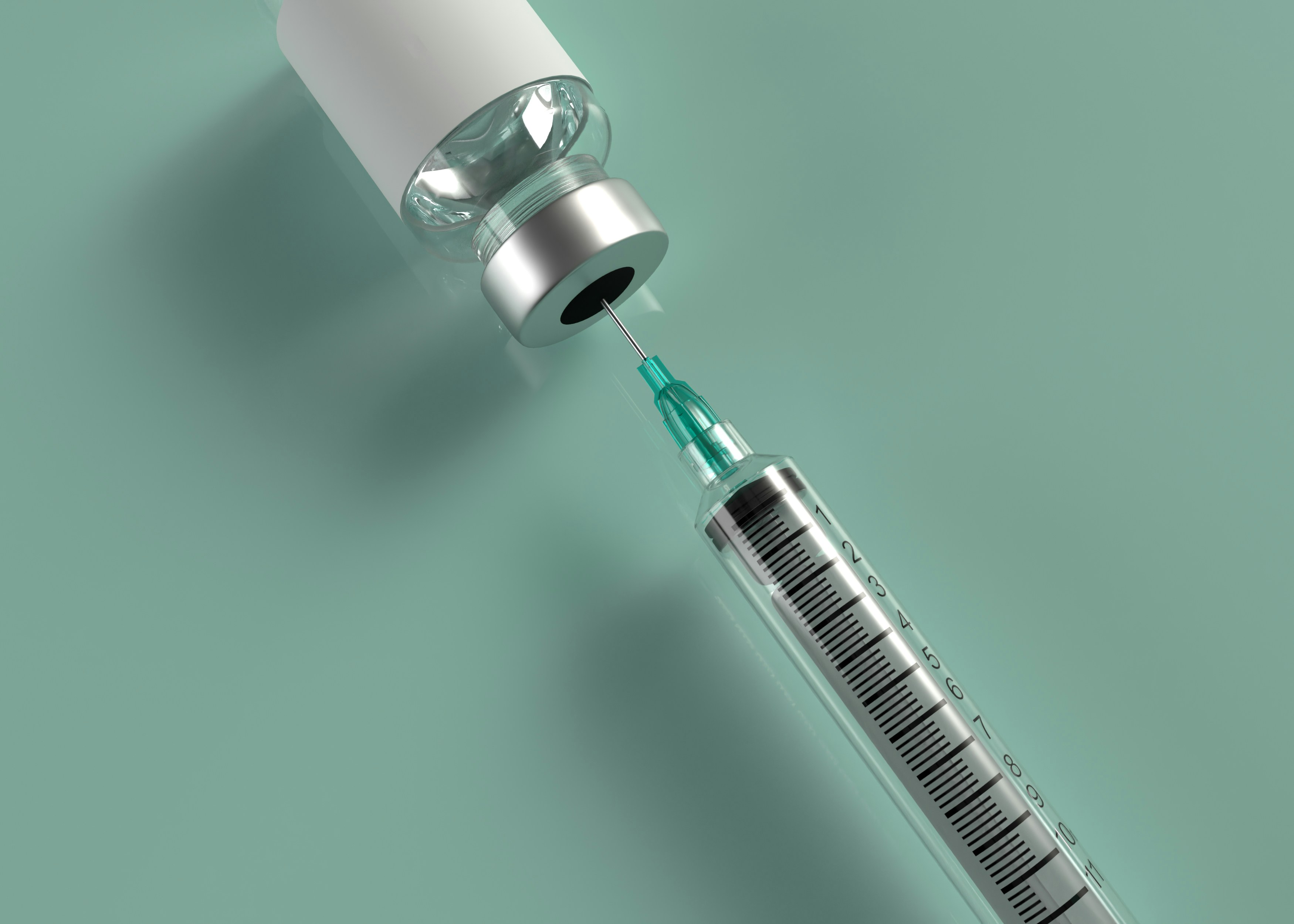The Catch philosophy on risk
Cancer. Even the word can induce anxiety. It’s a major, potentially life-altering diagnosis, and one that many people believe they have little to no control over. It’s easy to feel that, beyond trying to follow broad, timeworn suggestions for how to maintain overall health–eat right, exercise, avoid substances you know can cause harm–there’s nothing you can do to impact whether you’ll receive a cancer diagnosis one day.
At Catch, we believe that understanding your personal cancer risk is not only possible, it’s empowering. Armed with knowledge on the risk factors that are relevant for you, as well as steps you can personally undertake to protect yourself further, you can significantly reduce your risk for multiple types of cancer.
The current standard approach to cancer risk relies on a handful of extremely high-level data points to guide the vast majority of patient decisions. Most cancers aren’t actively screened for–barring knowledge of highly specific risk factors (such as certain rare genetic conditions), or a family history of the disease, these cancers are only considered when self-reported symptoms indicate they may be a possibility. Just four–breast, colorectal, cervical, and prostate–are currently subject to proactive screening protocols, and these are primarily pegged to a patient’s age, an important risk factor for most cancers, but far from the only risk factor.
This “wait and see” approach to cancer has obvious downsides–many cancers are only found when they have spread significantly, for example. But one that’s not often discussed is how little information it gives patients on how to optimize their own health choices. Because risk is boiled down to just a handful of broad, often outdated data points, patients have no real way to know how they might reduce their own risks. None of us can stop time, after all; when the only information we’re given on many cancers is the age they’re likely to occur, it may feel as though we have no control over our own health outcomes.
Cancer risk is attributable to a variety of factors, some of which are not modifiable (such as genetic anomalies and age), but many of which can be significantly impacted by individual decisions. Targeted, specific changes to diet, activity levels, supplement regimens, and behavioral choices can all reduce your risk further.
It’s also easy to overestimate how many factors are outside of one’s control. Family history is a common risk factor across many cancers, but this usually isn’t as simple as genetic destiny. Shared diets and behaviors (such as smoking or levels of alcohol consumption) may explain a large portion of this “inherited” risk.
Current data may not be fine-grained enough to reflect these distinctions, but at Catch, we aim to focus on the individual, not the statistical average. During your Risk Assessment, our AI-powered series of targeted, specific questions based on the latest cancer research will pinpoint all your personal risk factors, as well as the behaviors you can adopt or change in order to improve your outlook.
Part of the reason cancer feels so scary is that for many people, its causes feel unknowable, and therefore uncontrollable. At Catch, we’re working to pull back the curtain on cancer, and give you the knowledge and tools you need to improve your personal outlook.










.svg)



